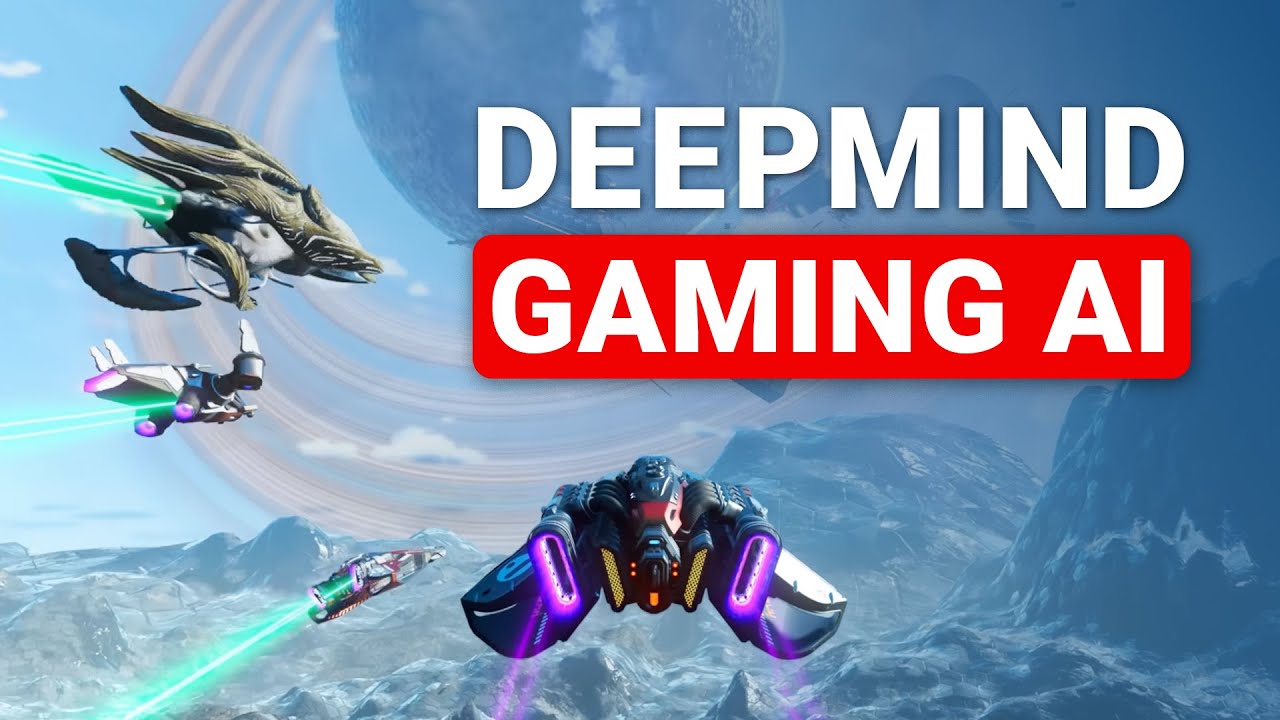
Artificial Intelligence (AI) has made a profound influence on the gaming industry in numerous ways:
Transforming Gameplay
- AI is capable of crafting personalized and equitable monetization systems, thereby augmenting player experiences.
- Machine learning algorithms scrutinize player behaviors, providing customized gaming experiences.
- AI-driven NPCs modify tactics instantaneously, enriching gameplay encounters.
Advancing Graphics and Realism
- AI plays a role in enhancing graphics, generating realistic textures, surroundings, and characters.
- AI-enabled physics engines mimic authentic interactions between objects and characters.
Optimizing Game Development
- AI automates functions such as producing procedural content, testing, and bug detection, thus diminishing development duration and expenses.
- AI aids in fabricating dynamic and adjustable environments, boosting player immersion.
Job Displacement & Development Expenses
- The integration of AI in game development could affect the job market due to automation of tasks like content creation or testing.
- The initial implementation of AI technologies can lead to increased development costs because of the need for specialized skills and resources.
Ethical Implications
- It’s crucial for developers to ensure that AI-guided characters and interactions comply with ethical standards and refrain from endorsing harmful stereotypes or discriminatory practices within games.
In conclusion, AI has brought about a revolution in the gaming industry by enhancing gameplay experiences, advancing graphics, optimizing development procedures, and introducing ethical considerations for developers.


